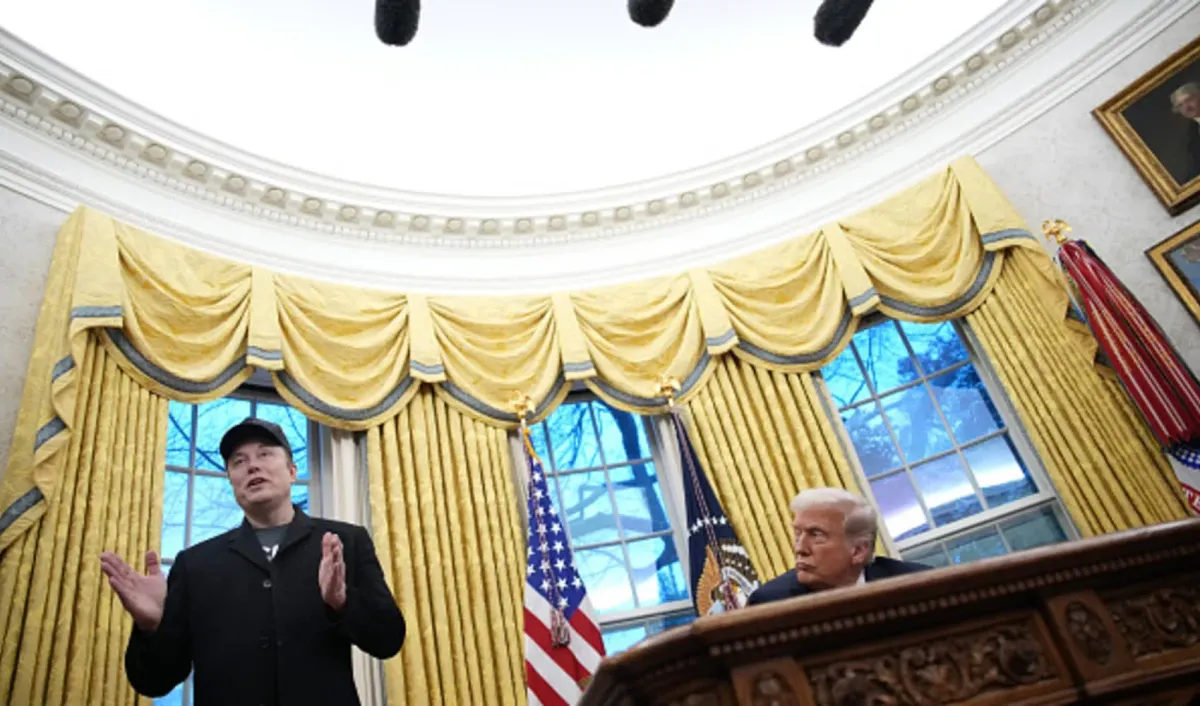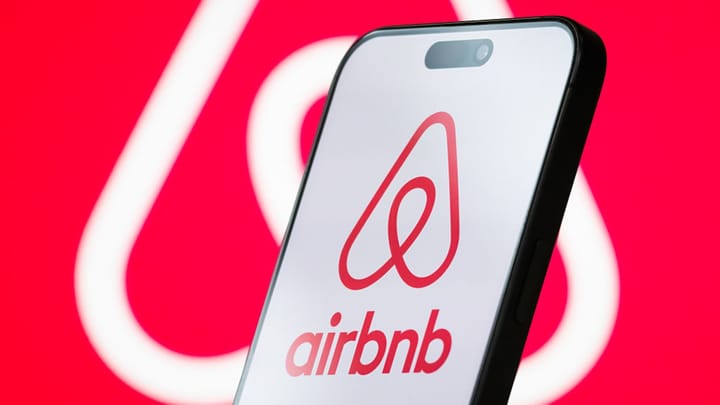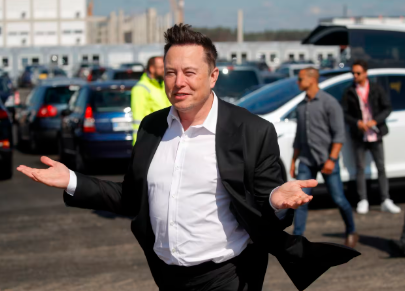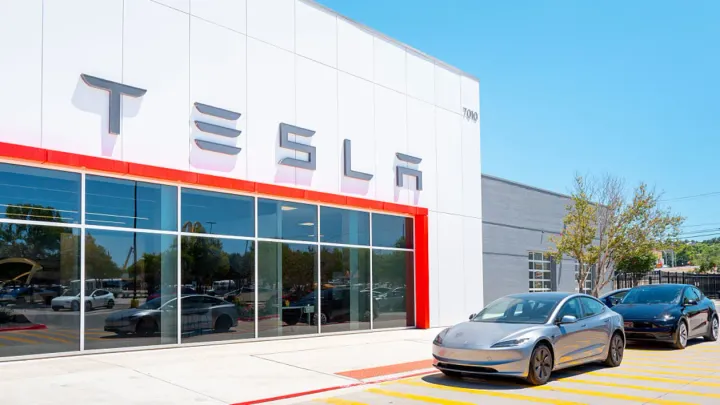Tesla's Market Struggles: BYD's Autonomous Leap and Musk's OpenAI Distractions

The news that Chinese rival BYD is collaborating with DeepSeek to develop cutting-edge autonomous driving technology and CEO Elon Musk's growing focus on ventures outside of Tesla, including his bid to acquire OpenAI, were the two main causes of Tuesday's significant decline in Tesla shares, which fell 6% and continued a five-day losing streak that erased over $200 billion in market capitalization.
Drive for Autonomy by BYD and Competition by Tesla
The most formidable rival of Tesla, BYD, announced that it would include its semi automatic driving technology into at least 21 of its next car models. With this action, BYD puts themselves in a direct competition with Tesla's Full Self-Driving (FSD) and Autopilot capabilities.
Despite being at the forefront of electric vehicle (EV) innovation for a long time, Tesla has not yet released a robotaxi that is completely autonomous. With China being the largest car market in the world, BYD's aggressive foray into self-driving technology poses a threat to Tesla's hegemony in the EV industry.
The battle between Tesla, Waymo, and Chinese manufacturers is becoming more fierce, according to Morgan Stanley analysts, who also noted that the race to commercialize autonomous vehicles will play a significant role in identifying market leaders. The standard is high for Tesla to meet because Waymo, controlled by Alphabet, has already introduced robotaxi services in Austin, Phoenix, and San Francisco.
Oppenheimer analysts added to the pressure by warning that Tesla's profitability may be constrained by the growing competition in the self-driving market. They pointed out that competitors will continue to attack Tesla's pricing and performance even if it achieves its target of introducing driverless cars in Texas by June 2025.
Musk's Diversion: Political Intercourse and the OpenAI Bid
In addition to Tesla's current commercial issues, Musk's increased extracurricular obligations are causing alarm. He already has to devote a lot of time and energy to his leadership positions at SpaceX, the social media platform X, and the artificial intelligence business xAI. Musk is reportedly leading a $97.4 billion bid to purchase OpenAI, which further deflects his attention from Tesla.
Musk quit the board of OpenAI after co-founding the nonprofit research lab in 2015. He has criticized OpenAI's shift to a for-profit business model in recent months and has even filed a lawsuit against the firm to stop the change. Investors are concerned about the possible acquisition because it suggests that Musk would be putting AI developments ahead of Tesla's main operations.
Sam Altman, the CEO of OpenAI, responded to Musk's offer by reminding staff members that "Elon has a history of making claims that don't hold up," raising questions about whether the acquisition attempt is sincere or just a diversion.
Concern over Musk's increasing political activity is also growing.
As the special government employee in charge of the "Department of Government Efficiency" (DOGE), he has been collaborating closely with the Trump administration. Investors and consumers have responded differently to his emphasis on cutting federal expenditure, cutting government employees, and doing away with regulations.
Analysts at Oppenheimer cautioned that Musk's political activities would turn off clients and staff, especially because Tesla's sales are dropping in important markets like California and Europe.
Market Response and Prospects
Investors at Tesla are apprehensive due to the combined effects of BYD's technological innovations and Musk's outside distractions. Over the last five days, the company's stock price has decreased 17%, finishing at $328.50.
Although some analysts, like as those at Morgan Stanley, are still optimistic about Tesla and have set a $430 price objective, others warn that growing competition and Musk's conflicting priorities may present long-term difficulties.
With Waymo growing its robotaxi services and BYD developing its autonomous car capabilities, Tesla needs to step up its self-driving aspirations to remain competitive.
Investors will be intently observing Musk's ability to manage his expanding business portfolio and whether Tesla can continue to lead the quickly changing EV and AI-driven transportation sector.
Questions and Answers (FAQs)
What caused Tuesday's 6% decline in Tesla's stock price?
Concerns about BYD's expanding competition and Elon Musk's outside diversions, such as his rumored bid to buy OpenAI, caused Tesla's stock to decline. There were concerns that Tesla would be lagging behind in the development of self-driving technology after it was revealed that BYD would incorporate the technology into 21 of its new models.
What impact does BYD's collaboration with DeepSeek have on Tesla?
BYD's position in the market for autonomous vehicles is strengthened by its partnership with DeepSeek. Particularly in China, BYD is becoming a significant rival to Tesla's Autopilot and Full Self-Driving technologies with promises to outfit its vehicles with cutting-edge self-driving features.
What role does Elon Musk have in OpenAI?
Musk departed the board of OpenAI years ago, despite being one of its co-founders. There are currently rumors that he is spearheading a $97.4 billion offer to buy OpenAI, which raises questions about whether he is concentrating more on AI endeavors than on Tesla's main business.
What effects are Musk's political actions having on Tesla?
Investors are concerned about Musk's increasing political participation, especially his collaboration with the Trump administration. Some analysts are concerned that Tesla's brand and sales may suffer as a result of his political views alienating potential clients and staff.
What prospects does Tesla have for self-driving cars?
By June 2025, Tesla hopes to introduce "Unsupervised Full Self-Driving" and an autonomous ridesharing program in Austin, Texas. But Waymo, BYD, and other automakers are fierce rivals, which might hurt Tesla's market share and financial success in the self-driving space.
The difficulties Tesla is currently facing serve as a reminder of how difficult it is to strike a balance between leadership, competition, and innovation. Even if the firm is still a major player in the EV market, its ability to stay ahead of the competition and Musk's capacity to handle his expanding workload will determine how successful it is in the long run.



